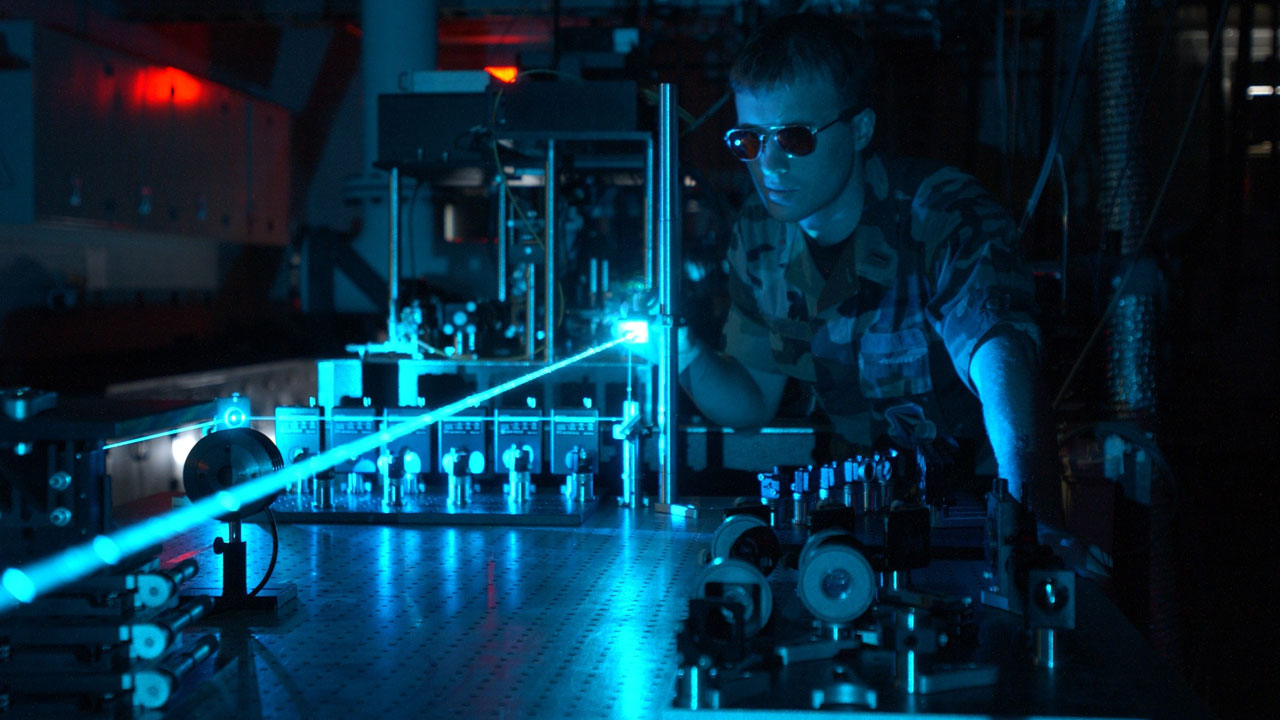Even before intelligence contractor Edward Snowden revealed the extent of monitoring being undertaken by the NSA in surveilling everyday citizens, cryptographers and computer scientists have been trying to achieve the ultimate in security: a system that can not be hacked. Now, a few companies are working on a promising solution. Quantum key distribution is a method that uses photons in “particular quantum states” to generate a key. QKD has a built in alarm system – if anyone tries to discover the key, it will change the quantum state of the photons, allowing users to prevent hacks as they’re happening.
These systems are already functioning experimentally in some places.
Since December, Battelle has operated a quantum link between its Columbus headquarters and manufacturing offices 62 kilometres away in Dublin, Ohio – the first commercial link of its kind in the US. They are working with ID Quantique in Geneva, Switzerland, which sells QKD technology and helped to keep the results of a 2007 Swiss election secure.
Now, Battelle has announced plans to use an existing fibre-optic network running through Dublin to test a larger quantum network. The long-term aim is to link up with their offices in Washington DC, more than 650 kilometres away.
Chinese researchers have built even bigger networks, connecting cities, and the link between Shanghai and Beijing will be completed in 2016, at which time it will be the longest quantum key network link yet.
Distance is a problem for this technology, but scientists believe that the use of “quantum repeaters” could fix that.
At the moment, extending a quantum link beyond 100 kilometres or so requires a trusted node to sit between the two parties and establish a link with each of them. Each user has a secure quantum connection with this node, but they aren’t able to communicate directly because the laws of quantum mechanics prevent the trusted node from copying a state to relay it. A quantum repeater would solve this problem by linking states over long distance using a property called entanglement, but entanglement is fragile and no one has yet built a successful repeater.
The technology is not yet 100% secure. It has been hacked before, but researchers say that was due to problems with the hardware, not the encryption. The last hurdle for completely secure communication is the ability to talk without anyone else knowing it. Right now, you can detect if there is activity over a quantum link. However, there have been tests done which make it appear as it a communication is regular “noise” from the connection, making it impossible to tell if anyone is talking. (Photo: Wikipedia)



